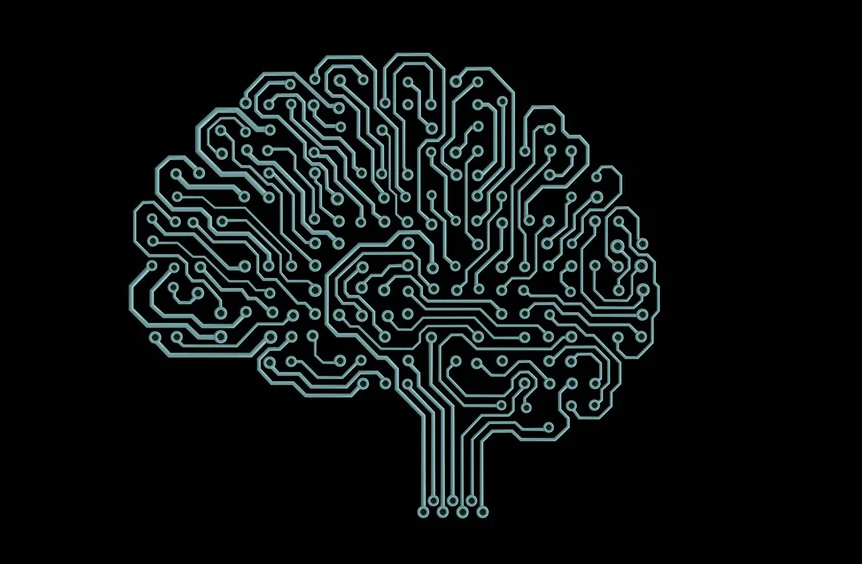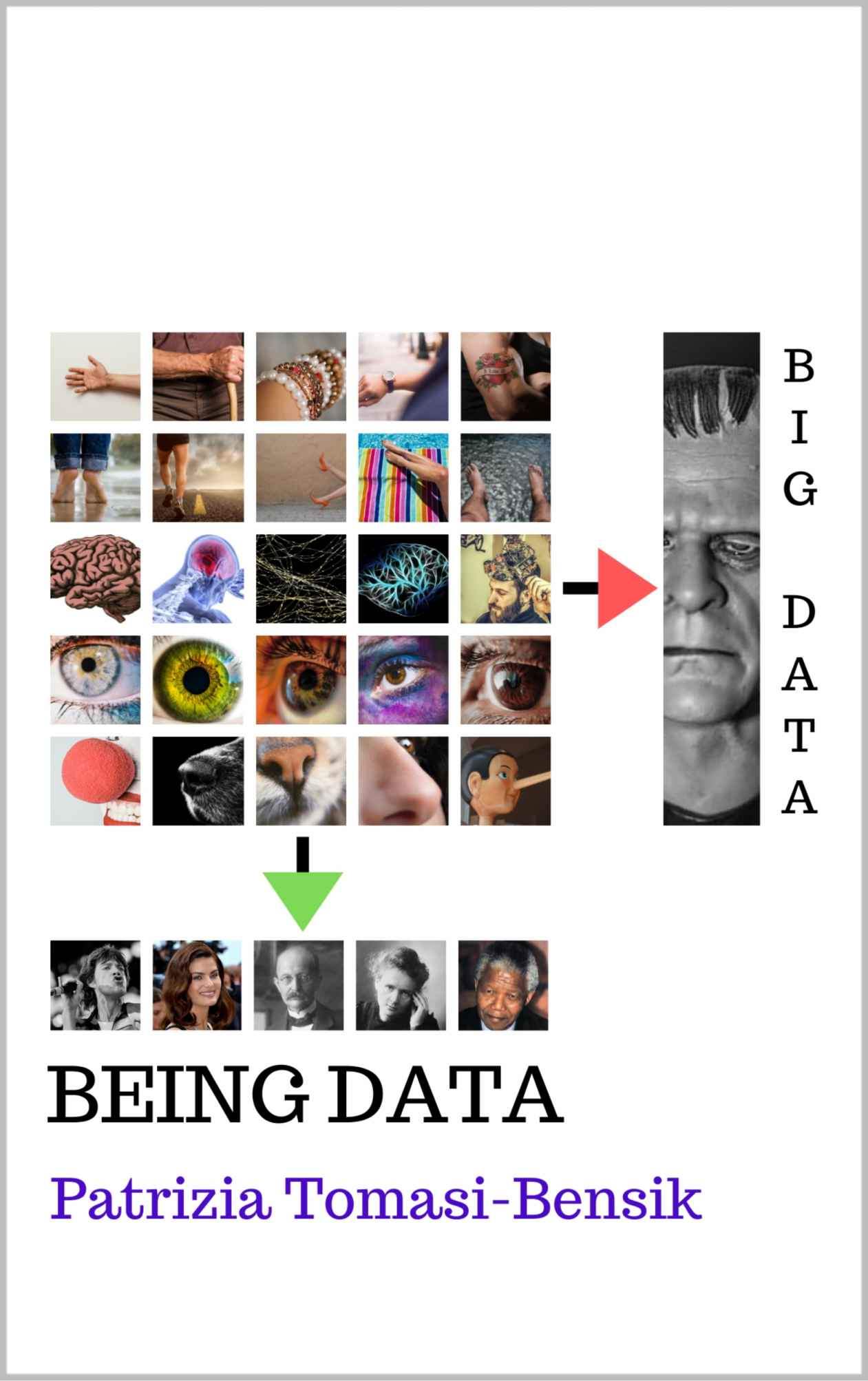Planck E PressCenter Articles
Electronic Brain? I Don't Think So
Date published: 2023-07-10
Date modified: 2023-07-10
Reading time: 00:01:12

“If little else, the brain is an educational toy.”
Tom Robbins
First of all, in addition to its almost unlimited capacity to learn, the human brain definitely does not work on the basis of a binary language, but through a complex system of interrelationships.
In its early days, the computer was called an electronic brain, and this simplistic view is based on the direct comparison of what the brain would digest from what our five senses perceive and the algorithms that feed computers.
To refresh our memories: the computer's 1 represents the presence of electrical impulses, while the 0 represents their absence.
Even in the quantum computer, which we've talked about in other articles, the relationships in qubits, qutrits, and whatever else are still relationships, and even though they're abysmally fast, they don't reach the complexity of interrelationships.
In the human brain, however, the sophistication of neurons goes far beyond open (1) or closed (0) positions. In the construction of the Arrow of Time, the neuron bifurcates nanoseconds before an event occurs, with each of its outputs opening into interrelationships of contexts that give us the illusion of temporal linearity instead of the contextual reality of events.
Another characteristic of the computer is its autonomous memory, with completely independent inputs and outputs, while our memory occupies the same brain region where thoughts originate.
Other differences? If a small wire gets out of place, the computer stops working, while the plasticity of our brains is gigantic. The most important? The human brain is a self-programming system.
Perhaps our consciences are emergent properties of the interrelationship of our neurons. Perhaps. What is certain is that -definitely- there is no way for consciousness to emerge from relationships.
Recent Presscenter Articles
-
The Parametrization of Science
-
A Scientific Impossibility
-
The Unsustainable Stability of the Atom
-
The Bell-Curve and the Neutron
Planck E - Books
For further information about Planck E PressCenter, please contact us.
Divulging ingenious solutions
The mission of the Planck E PressCenter is to promote ideas, products and theories that have not yet reached the mainstream, as captured in our first release Eccentrics and their Ingenious Solutions.
Newsletter
Sign up for our weekly Planck E Newsletter, complete with the latest ingenious solutions.
Click here for the signup form.
Submit your ingenious solution
We encourage you to submit your ingenious solution, article, press release or "out of the mainstream" technical idea for publication on the Planck E PressCenter. Please send us an e-mail to presscenter@planck-e.com and enquire how.
To learn more about holistic engineering, solutions inspired by nature, monetization of diseconomies, training courses or the incorporation of Being Data to your day-to-day, please follow us on the social networks.



